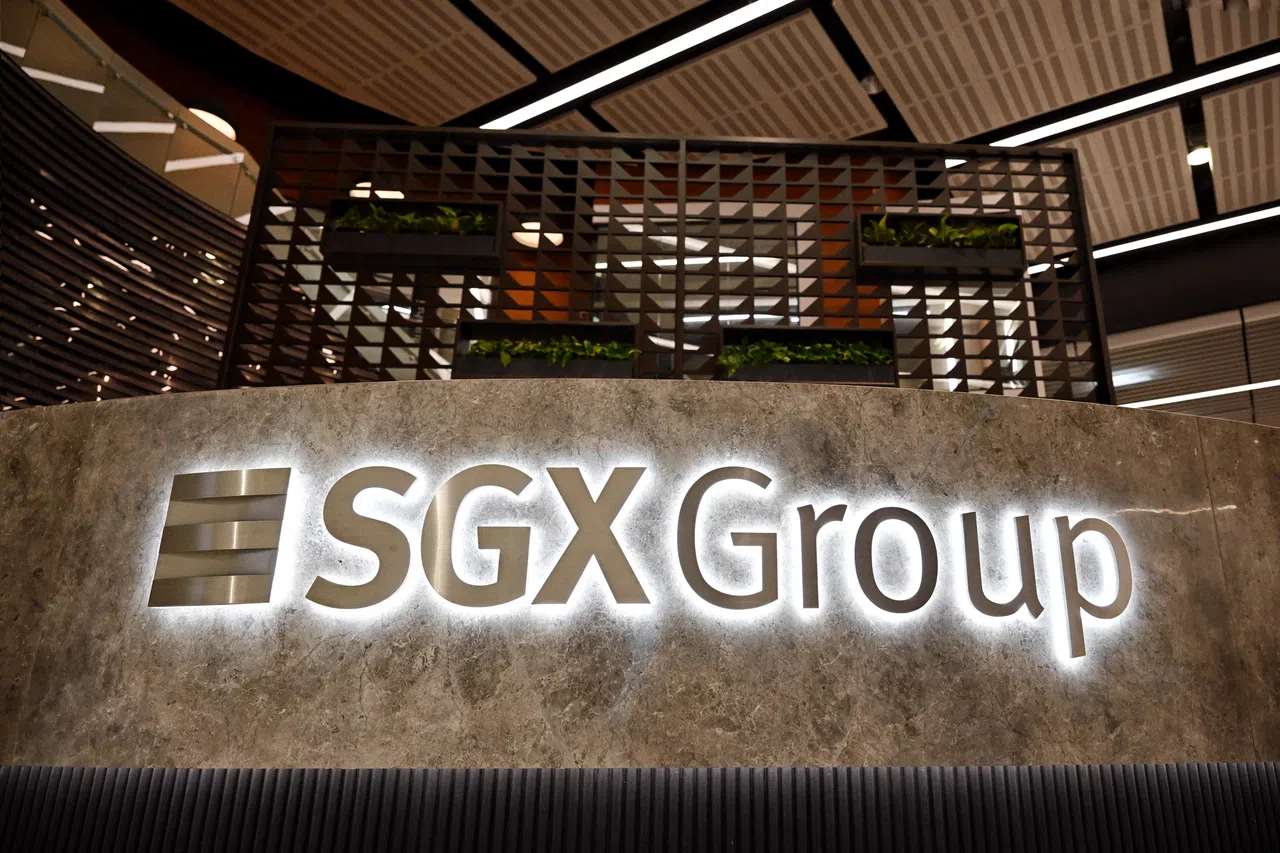US BANKS will now have to give customers access to their financial data after the top consumer watchdog finalised a long-awaited rule aimed at fuelling more competition for financial products.
Under the Consumer Financial Protection Bureau (CFPB) measure, consumers will be able to demand, download and transfer their highly-coveted data to another lender or financial services provider for free. The open banking rule, as it’s known, is aimed at making it easier for consumers to switch providers to access better rates, in turn lowering the price of loans and improving services by boosting competition, CFPB director Rohit Chopra said in a statement on Tuesday (Oct 22).
“Too many Americans are stuck in financial products with lousy rates and service,” Chopra said. “Today’s action will give people more power to get better rates and service on bank accounts, credit cards, and more.”
The measure effectively breaks banks’ hold on crucial data from savings patterns and checking account data to rent payment history – a set up where some firms made switching harder to help boost profits, according to Chopra. The effort stems from the financial crisis, when Congress enacted the Dodd-Frank Act with section 1033 giving consumers rights to access their financial data. An initial proposal was made public last year.
Fintechs like PayPal Holdings’ Venmo and Betterment are poised to benefit from a more seamlessly-connected ecosystem of consumer financial data. Consumer advocates and the fintech lobby have long called for regulators to make it easier for people to fire a financial services provider that does not satisfactorily meet their credit needs – whether on the basis of discrimination, some other unfair, deceptive, abusive act or practice or simply poor service, as a way to bolster competition.
Wall Street industry groups, however, have argued that the CFPB measure could expose them to liability if a third-party is compromised, among other concerns. Banks and credit unions with more than US$850 million in assets must comply with the rule, with the largest institutions having to adhere by April 2026. Smaller institutions will have until April 2030, according to the CFPB.
The final regulation would cover checking and prepaid accounts, credit cards and digital wallets, but not mortgages, student loans or auto loans. Many firms – banks and fintechs alike – have already signed data-sharing deals to end the less-secure option of “screen scraping,” whereby consumers share their user names and passwords with third parties. This rule will make clear how the rest of the industry can do the same. BLOOMBERG







